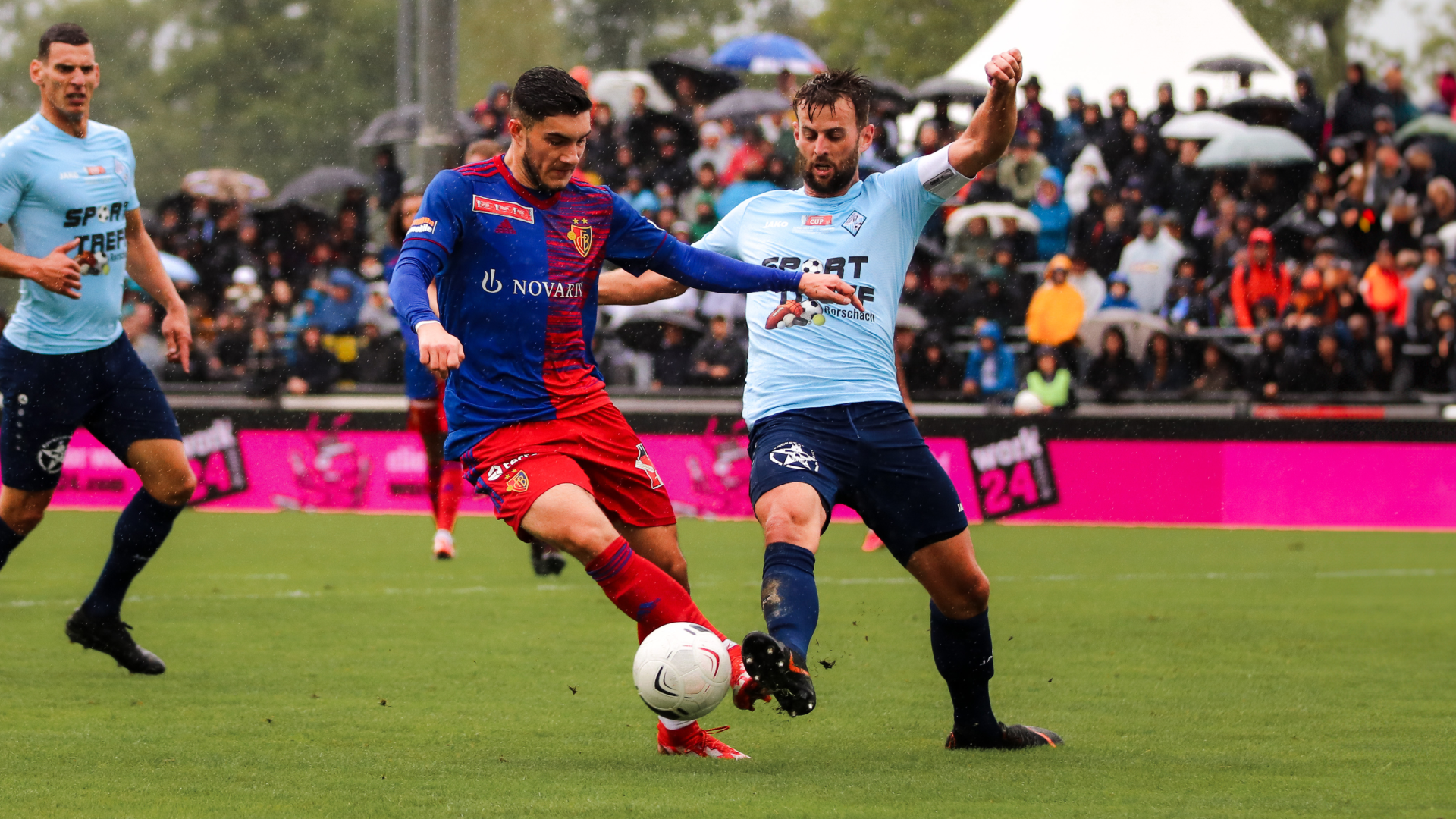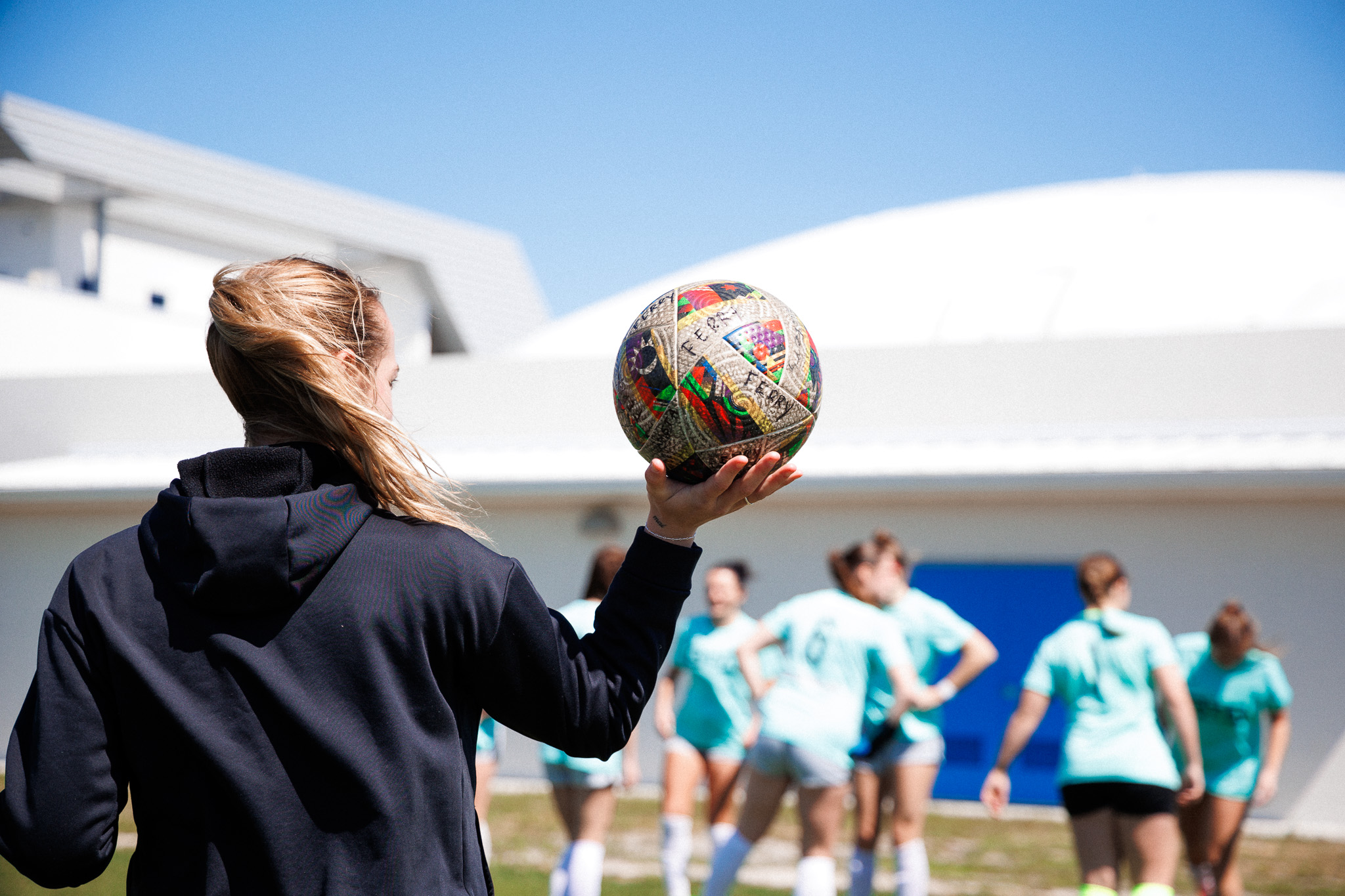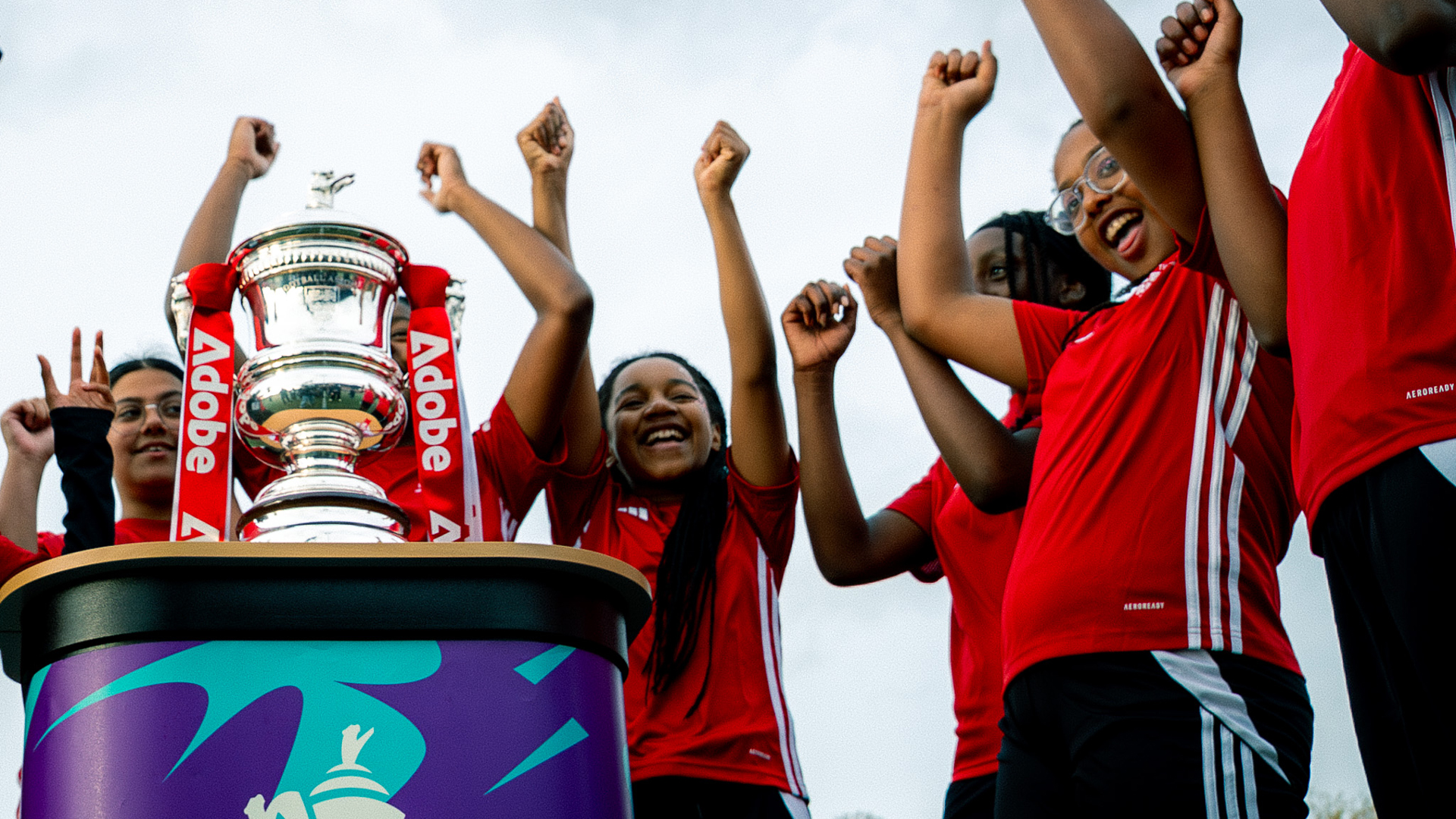Scaling Excellence: How We Make Footballers Use Video Technology to Transform Youth Development
Frederik Hvillum
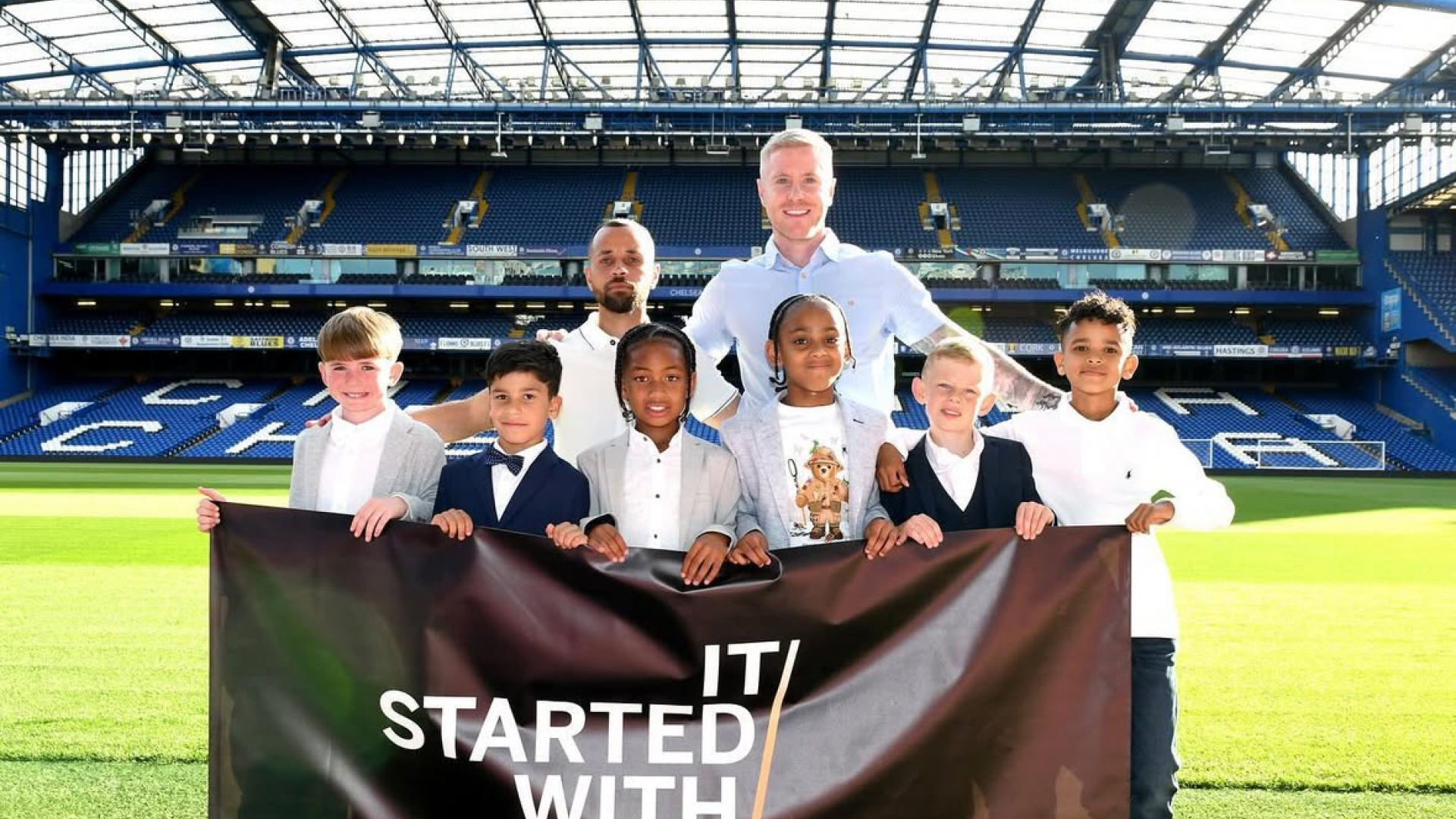

From a single coaching program to over 20,000 players across 600 locations worldwide, We Make Footballers has revolutionized grassroots football development through systematic video technology integration and unwavering commitment to quality coaching.
Sean Conlon's journey into football coaching began with a familiar dream. Like countless young boys, he aspired to become a professional footballer. When that path proved challenging, a chance encounter with a Chelsea scout at age 15 redirected his trajectory toward something even more impactful.
"He said that if I supported him coaching, he would train me and develop me," Conlon recalls. This mentorship led him to Chelsea's youth development program, where at just 17, he began working with future stars like Dominic Solanke and Tammy Abraham. "I learned very quickly what type of children - six and seven-year-olds - were being selected to sign for academies."
That early insight into elite talent identification would prove foundational to everything that followed.
Building a Philosophy Around Four Core Values
Today, We Make Footballers operates on an unprecedented scale in youth football development, working with over 20,000 players weekly across 600 locations globally. At the heart of this expansion lies a commitment to four core values: safety, passion, development, and fun.
"Our mission is to inspire as many children as possible to fall in love with the game and become the best they can be on and off the field," Conlon explains. "The majority of children that join us - we know that we need to get them to fall in love with the game. That is the most important thing."
This philosophy recognizes a fundamental truth about youth development: coaches only work with players for a few hours per week, but lasting improvement comes from practice outside structured sessions. "The majority of development is going to come outside where the children are refining their habits and practicing and building those repetitions to embed their technique into their muscle memory."
The Late Developer Challenge
Operating at such scale means encountering every type of young player, including late developers who might otherwise be overlooked by traditional academy systems. Conlon points to Rayan Kolli, now playing for QPR's first team, as a perfect example.
"He came to our program probably around the age of eight. He really committed to the training. He followed all the coaches' advice. He was obsessed with it. He loved the game," Conlon recalls. Kolli signed for QPR Academy at under-10 level and has flourished over time.
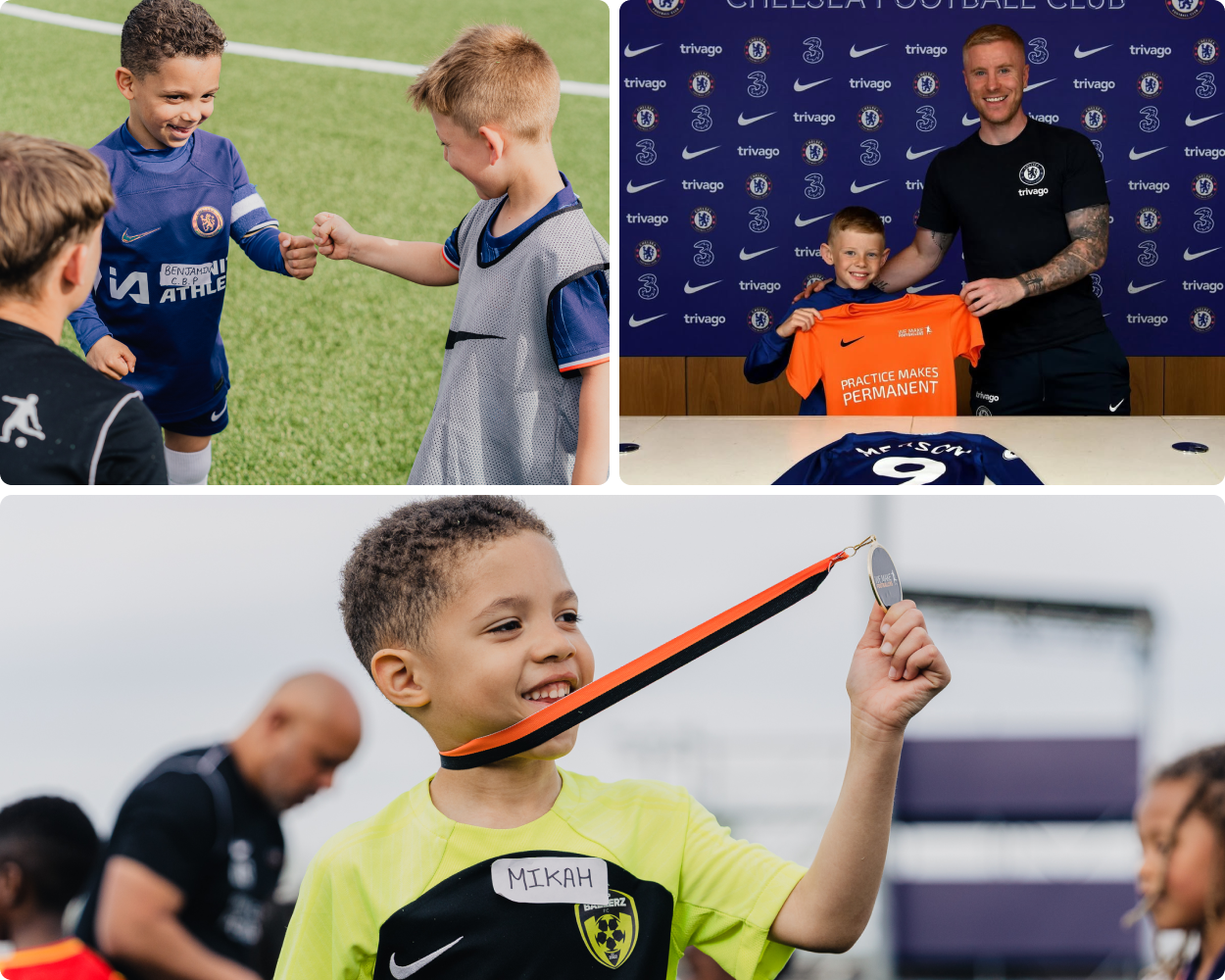
The challenge for late developers is significant in England's early-recruitment culture. "Parents should understand that in England especially, the clubs recruit at a very early age. So it does get harder the older the player gets. But as long as the player is committing to their practice, continually seeking out good coaching and trying to understand what type of experiences the children in academies are getting - because essentially the parent and child have to try and replicate that."
The integration of video technology has transformed We Make Footballers' operations across multiple dimensions. With nearly 50 cameras now deployed across their network, the organization has revolutionized quality control, talent identification, and parent engagement.
Quality Control and Coach Development
"We use it in three areas currently," Conlon explains. "We have the video cameras so that the senior managers who might not be at every training session can get visibility of the coach's session content and identify any areas of improvement needed for those coaches. So it governs the quality of our coaching."
This systematic approach has addressed a critical challenge for large-scale operations: maintaining consistency across hundreds of coaches. "We felt two years ago, before we started to introduce Veo, that there were too many inconsistencies with our training sessions from the standards that we set for our coaches."
The impact has been transformative. "Now when the coaches know that they're being watched, they're not out there on their own, they're being supported by more experienced coaches. We see a very high standard of coaching across the board."
Revolutionizing Talent Identification
Perhaps most significantly, video technology has completely changed We Make Footballers' approach to talent identification. The traditional model of hosting scout events proved inconsistent and stressful for all involved.
"In the past, we would host events and invite scouts to come. Sometimes that could be inconsistent with some scouts not attending or leaving early. This would cause a lot of stress for players, parents, and coaches."
The new video-first approach eliminates these variables. "Now, as video scouting has become far more popular and more mainstream, we host events where we tell the parents that there'll be no scouts on site but we will be sending the recordings to the scouts and then they will do reports on the players."
The results speak for themselves. "This is becoming very, very effective. We're able to identify more players and get more players in front of scouts."
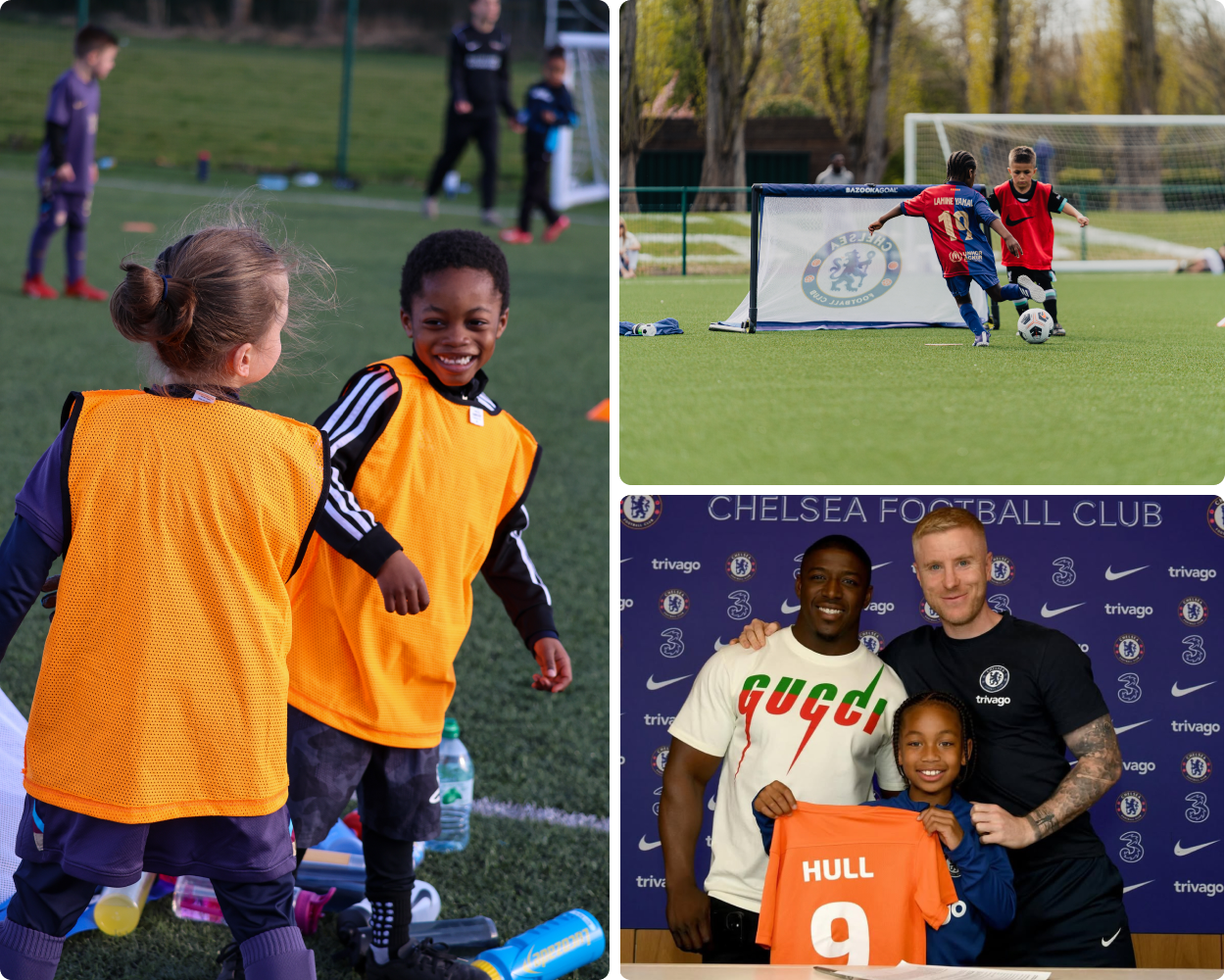
This approach particularly benefits late developers, as it enables continuous assessment rather than one-off evaluations. "A player who a scout might have looked at six months ago is maybe almost a different player six months later. So to continually be assessed is important because the development process is so varied."
Creating Memories and Learning Opportunities
For families, video technology serves dual purposes: creating lasting memories and facilitating learning. "I think for the majority of parents it's more around the memories that are created," Conlon notes. "If they see in the session a child has done a fantastic skill - it could be a nutmeg or it could be a skill that they've been working on for a long time and then they do it - they then ask 'oh can we see the footage?'"
For more dedicated families, the technology becomes a development tool. "You've got the parents that take it a bit more seriously and they might have been working on some movements or some different techniques or some part of the game. And then when the child is showing improvement or potentially areas still for improvement, then they can use that video to work with the child."
The Future of Grassroots Football
Conlon's vision for the future of youth football development centers on the democratization of professional-level analysis tools. "There is going to be a future whereby across all of grassroots football, you end up having a camera filming a game as standard."
He envisions a system where artificial intelligence and data sharing between academies could identify talent that human scouts might miss. "I feel that long term there will be partnerships between academies to share the data points and the metrics that they're looking for with players for different age groups, different playing positions. And the cameras and the technology will be able to identify these - and that could even be before the abilities have been recognized, before they're present. It's more latent potential."
This technological evolution extends to coach development as well. "There'll be more identifiers and notifications of areas of improvement required and then tutorials that will then be shared that the children will be more accustomed to taking on board because they're more familiar with AI and video learning."
Quick, Smart, and Attractive Football
Underpinning all of We Make Footballers' work is a clear football philosophy: quick, smart, and attractive possession-based football. "We believe in possession-based football, football that's played through the thirds, but it's also attacking and has a lot of flair," Conlon explains.
The philosophy draws inspiration from elite managers like Pep Guardiola, Jurgen Klopp, and Arne Slot, but recognizes that such football requires players with specific technical abilities developed from a young age.
"We know that our responsibility, if we want to produce those players, we have to ensure that the players have technical mastery. We need to understand that they physically move well, that they understand about attacking, defending, working with teammates. They have high levels of ability on the ball to be able to play in very tight pockets."
The success of this approach is evident in graduates like Michael Olise, now starring for Bayern Munich on the world stage. "When we see Michael Olise go and play out there for Bayern Munich on the world stage, we're all very proud."
From Session Plans to Visual Learning
The practical application of video technology extends to coach education itself. Traditional session plans consisting of diagrams and written descriptions proved inadequate for maintaining consistency across hundreds of coaches.
"When in the past we would give coaches a session plan, but it just had a picture of the drill and then it had a written description, there would often be blind spots," Conlon explains. "We're working with 600 coaches and many of them would interpret these session plans very differently, but then they've been designed in a very specific way with an optimal way of delivering that session."
Video eliminated this ambiguity. "So then when you can use video, there's no argument. It's there in the visual and you can show exactly how it should be delivered,” Conlon ends.


